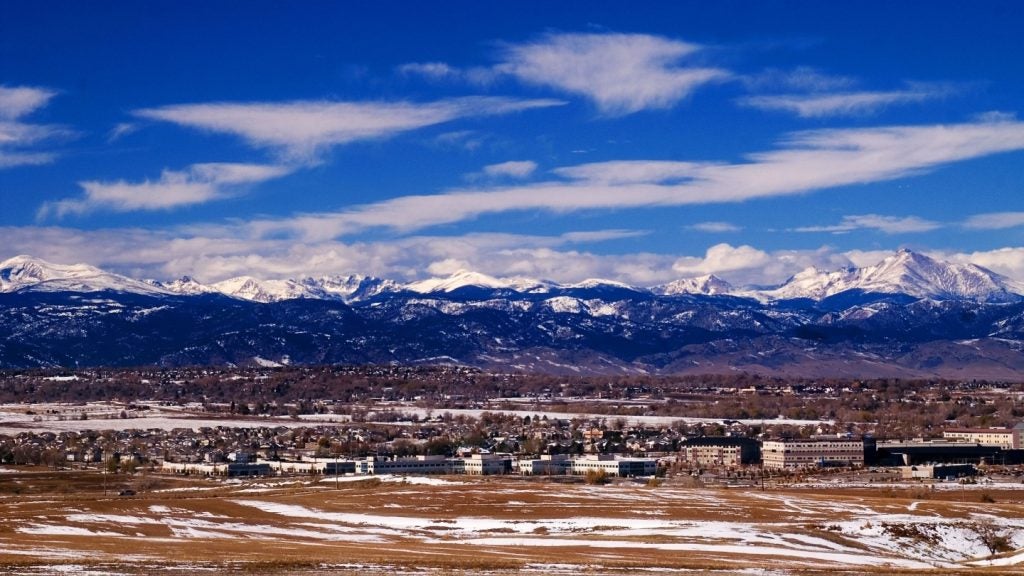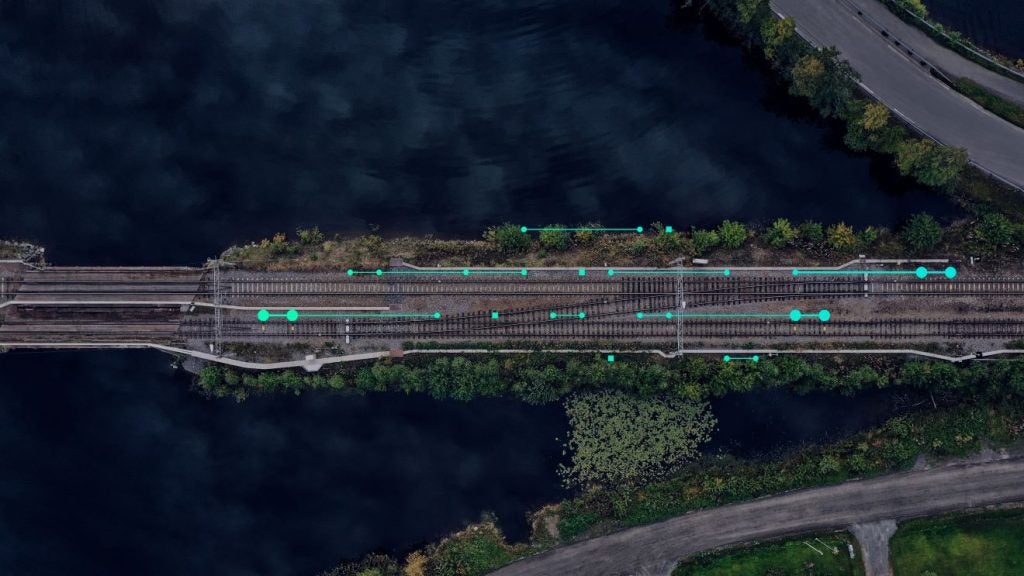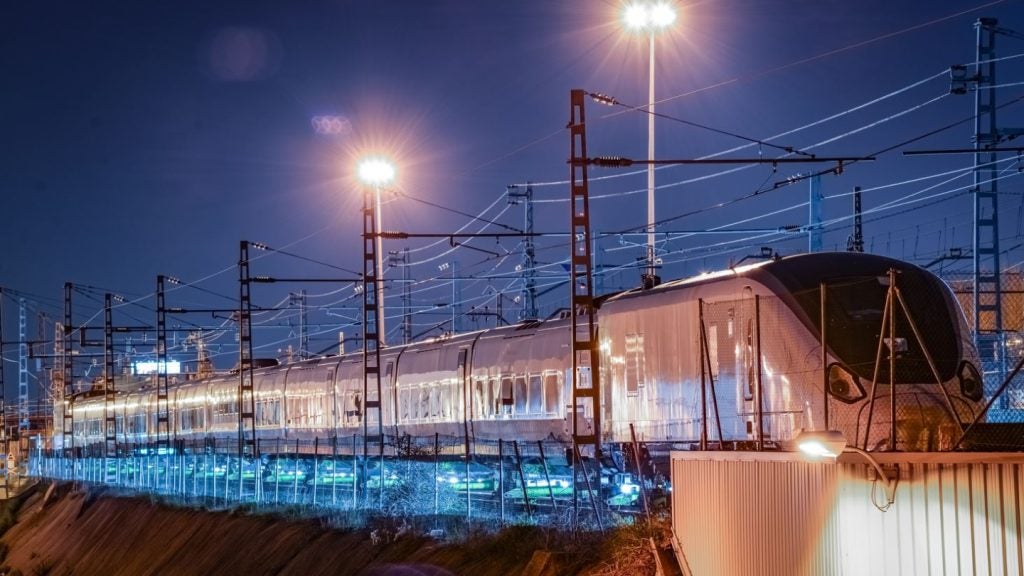The National High Speed Rail (NHRSCL) has launched the bidding process for the 237km section of the 508km-long Mumbai–Ahmedabad high-speed train project.
The tender is estimated to value nearly Rs200bn ($2.91bn) and the successful bidder is required to complete the works in 42 months, The Times of India (TOI) reported quoting undisclosed sources.
According to the TOI report, only a few major Indian construction groups such as L&T and AFCON can bid for the project in collaboration with Japanese firms.
The Japanese firms, including Hitachi Construction and Mitsubishi Construction, may also place separate bids for the project.
Under a previously signed agreement, only Indian and Japanese companies are eligible to place bids.
Interested companies can submit their bids with Rs2bn security amount. The bidding will be carried out in accordance with the guidelines of Japanese ODA Loans.
How well do you really know your competitors?
Access the most comprehensive Company Profiles on the market, powered by GlobalData. Save hours of research. Gain competitive edge.

Thank you!
Your download email will arrive shortly
Not ready to buy yet? Download a free sample
We are confident about the unique quality of our Company Profiles. However, we want you to make the most beneficial decision for your business, so we offer a free sample that you can download by submitting the below form
By GlobalDataThe final date for the submission of bids is 16 July.
A joint venture between the Indian Government and participating state governments, NHRSCL, is responsible for implementing high-speed rail projects in the country.
The Mumbai–Ahmedabad high-speed train project, the first of its kind in India, will connect the cities of Ahmedabad in the state of Gujarat and Mumbai in Maharashtra.
In 2017, the foundation stone for the project was laid by India Prime Minister Narendra Modi and his Japanese counterpart Shinzo Abe.
Overall, the high-speed project is estimated to involve an investment of roughly Rs980bn ($15.3bn).
The project will feature 12 stations. It will be mostly elevated, with a 21km underground tunnel between Thane and Virar.
Commercial operations on the line are expected to begin from August 2022.







